9 Best Mental Health Apps: Your Detailed Guide
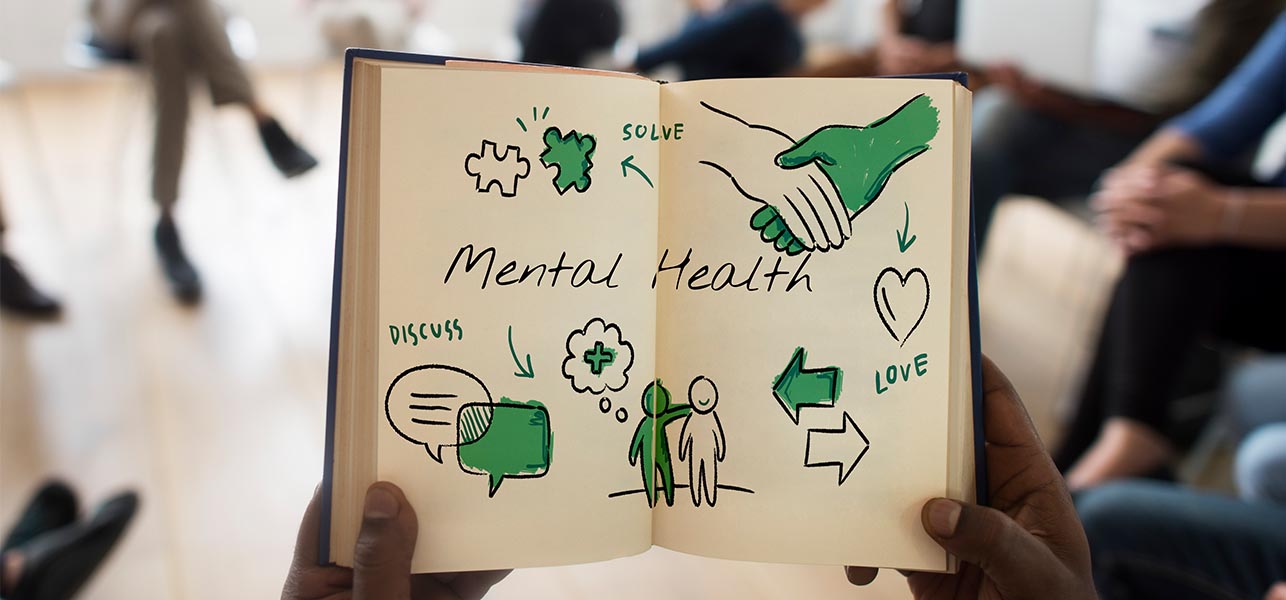
How do we vet brands and products? Learn more.
Finding ways to improve your mental health is important.
Some people might prefer to document their personal journey. Apps are very easy to use and give you everything in one space, from therapy guidance to relaxation techniques.
Having this assistant on your phone may give you the confidence to seek further help. You could even complete evaluation tests that determine anxiety, depression, and stress levels.
Not everyone feels comfortable seeing a therapist, which is why you should find an app that works for your needs. Do you want to know some of the best applications and how they operate?
If you do, then keep on reading this article to discover the best 9 mental health apps.
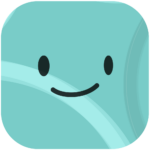
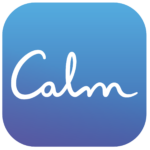
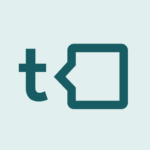


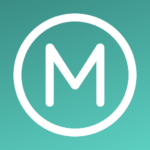


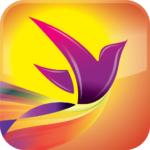
You can take control of your thoughts, emotions, and decisions
Sensa allows people to pace out their mental health journey
A mood journal helps you keep track of your feelings
Assessments that track the progress of your mental state
The 84-day plan offers lots of educational content
Daily activities of mindfulness and relaxation
Meditation techniques that help you feel calmer
The app contains real-life visuals and sounds
Several mood trackers that document your progress
Sleep stories that have been recorded by celebrities
Exclusive music for sleep and relaxation
You get online therapy services
Provides a comfortable environment for people to express their concerns and emotions
Text-based sessions that give you more freedom
Helps manage mental health concerns like anxiety, addiction, and depression
Aims to teach people important life skills for their mental health
Journaling tools help you document your feelings and thoughts
Educational articles about managing stress and anxiety
Chat groups comprise discussion boards
eMoods helps people with bipolar disorder manage their moods and depressive thoughts
You can complete daily entries to document your symptoms
People can send printable reports to their doctors
Graphs that reveal insightful revelations about your moods
Shareable reports about mood changes and common triggers
Moodily is suitable for those who want to track their daily moods
You get a visual of how your feelings look each month
Several activities give you a better understanding of your mental health concerns
Take daily notes to express your thoughts
Therapists and behavior coaches can offer you the right treatment
Weekly sessions that keep you on track with medication and health goals
24/7 chat for extra support
Live video sessions with people who listen to your mental health problems
Designed to help people manage their compulsions and thoughts
Diary entries that help you document your emotions
Add goals to fight anxiety and control OCD
Logs that track compulsions and give you specific tips and tricks
Thought graphs for analyzing the workings behind your thought process
You can log meals, emotions, and behaviors
Educational content that guides you through any mental health concerns
Motivational quotes to keep you on track
A mental health professional can receive your eating data
Options to set goals ahead of eating meals









You can take control of your thoughts, emotions, and decisions
Sensa allows people to pace out their mental health journey
A mood journal helps you keep track of your feelings
Assessments that track the progress of your mental state
The 84-day plan offers lots of educational content
Daily activities of mindfulness and relaxation
Meditation techniques that help you feel calmer
The app contains real-life visuals and sounds
Several mood trackers that document your progress
Sleep stories that have been recorded by celebrities
Exclusive music for sleep and relaxation
You get online therapy services
Provides a comfortable environment for people to express their concerns and emotions
Text-based sessions that give you more freedom
Helps manage mental health concerns like anxiety, addiction, and depression
Aims to teach people important life skills for their mental health
Journaling tools help you document your feelings and thoughts
Educational articles about managing stress and anxiety
Chat groups comprise discussion boards
eMoods helps people with bipolar disorder manage their moods and depressive thoughts
You can complete daily entries to document your symptoms
People can send printable reports to their doctors
Graphs that reveal insightful revelations about your moods
Shareable reports about mood changes and common triggers
Moodily is suitable for those who want to track their daily moods
You get a visual of how your feelings look each month
Several activities give you a better understanding of your mental health concerns
Take daily notes to express your thoughts
Therapists and behavior coaches can offer you the right treatment
Weekly sessions that keep you on track with medication and health goals
24/7 chat for extra support
Live video sessions with people who listen to your mental health problems
Designed to help people manage their compulsions and thoughts
Diary entries that help you document your emotions
Add goals to fight anxiety and control OCD
Logs that track compulsions and give you specific tips and tricks
Thought graphs for analyzing the workings behind your thought process
You can log meals, emotions, and behaviors
Educational content that guides you through any mental health concerns
Motivational quotes to keep you on track
A mental health professional can receive your eating data
Options to set goals ahead of eating meals
9 Best Mental Health Apps: Find the Best One for Your Needs
There are plenty of mental health apps that connect you with mental health professionals. You can express negative thoughts and find the best self-care techniques. If you don’t like traditional therapy methods, mobile applications may be a suitable start for documenting your moods.
Let’s take a look at the top 9 mental health apps:
#1 Sensa – Best overall
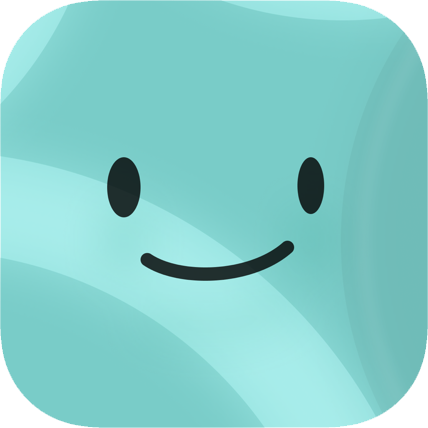
- Mood journal to build conscious, reflective habits for better self-monitoring
- Self-management lessons that are scheduled and explored by you (the user)
- Regular activities to help you maintain healthy habits and mental well-being
- Tips, strategies, and other resources for self-education
Sensa is one of the most effective mental health apps in today’s market. This mobile application offers never-ending therapy techniques that help you express any negative thoughts. The creators wanted to make a mental health assistant for those struggling to build healthy habits.
Once you sign up for the app, you can find cognitive behavioral therapy tools that improve mental health conditions. Certain exercises change your thinking patterns and pull people out of a continuous cycle, leading to better mental health management in the long term.
There are also self-paced lessons, daily activities, mood journals, and weekly assessments that dive into your emotional triggers. One day, you might do something that makes you feel anxious, which gives Sensa the chance to understand your stressors and help you identify them.
Let’s take a look at a few pros and cons of Sensa:
#2 Calm – Best for sleep
Calm is a great mental health app that can help you sleep, even when you’re dealing with persistent anxiety. The main goal of this app is to improve your overall health and happiness. That could be done through meditation techniques that use calming real-life nature sounds.
The app also contains mood trackers, exclusive relaxation music, and sleep stories voiced by celebrities. Some people might want to sit back and listen to Harry Styles talk about life. You can find plenty of options that promote self-improvement and realistic mental health care.
Below, you’ll find the pros and cons of Calm:
#3 Talkspace – Best for therapy
Talkspace provides online therapy sessions that encourage you to overcome negative thoughts. Some people might not feel comfortable speaking to a therapist in person, so doing it over a text is a much better option. As the name suggests, this is a space where you can talk freely.
You can also use this mental health app to manage concerns associated with anxiety, addiction, and depression. For example, you might arrange to speak with a licensed provider who can offer medication management services and treatment that will provide stress relief.
Here are some pros and cons of using Talkspace:
#4 Sanvello – Best for anxiety relief
People who suffer from anxiety and procrastination can download the Sanvello app. It contains journaling tools that help you document your thoughts and feelings. There are also educational articles regarding stress management and common breathing exercises.
This mental health app aims to teach people important life skills. For example, you might learn how to reflect on past experiences and take away valuable messages. You can simply connect with a mental wellness coach or enter online chat groups that comprise discussion boards.
Have a look at some of the pros and cons:
#5 eMoods – Best for bipolar disorder
eMoods is specifically designed for people who have bipolar disorder (BD). This mental health app is all about documenting your symptoms and sharing those printable reports with a doctor. You can also show them graphs that reveal insightful knowledge about your daily moods.
The creators wanted people to log mood data, including sleep patterns, medications, and triggers. From there, you can identify specific things that set off your moods. Many mental health apps forget about triggering factors, which makes eMoods stand out among other competitors.
Let’s evaluate some of the pros and cons of eMoods:

#6 Moodily – Best for mood journaling
Do you want to write every detail about your moods?
One of the best mental health apps for this is Moodily. This mobile app contains daily notes that allow you to express thoughts and emotions. You can also find several common activities, like running to improve your mood or social gatherings, that make you feel a certain way.
Moodily was made to give people a better understanding of their mental health. It generates a visual of how your feelings look each month, depending on how much you track progress.
Here are the strong and weak aspects of using Moodily:
#7 Youper – Best for depression
Youper is one of the several mental health apps that can support people with depression. There are therapists and behavior coaches that provide suitable treatment. You can also opt for 24/7 chat options, live video sessions with professionals, and tips for easing mental health issues.
Before delving into the app’s features, you can complete an emotional assessment. This will help Youper understand your needs and mental health concerns. For example, if you want to find a special type of medication, you can answer questions regarding prescriptions.
Below, you’ll find the main pros and cons:
#8 Liberate: My OCD Fighter – Best for OCD
Liberate is the best mental health app for those who have OCD. It can help you manage compulsions and thoughts that bring down your mood every day. There are diary entries, from small daily logs to long chapters, that help people document their good and bad emotions.
You can also add goals to fight anxiety and practice self-care techniques. For example, you might feel passionate about controlling intrusive thoughts. Liberate will then use those goals to create graphs, which are pieces of information that deeply analyze your thought process.
Here are some of the pros and cons of Liberate:
#9 Recovery Record – Best for eating disorder recovery
Recovery Record has advanced features that suit those with eating disorders. You can log meals, emotions, and behaviors associated with food. The educational content is there to guide you through building healthy habits and finding ways to manage stress in the long term.
This app is unique because it allows you to send eating data to your doctor or licensed therapist. They can view your progress and offer tips for overcoming the issue. Another great benefit is the rewards you get from passing each stage in your recovery.
Let’s take a look at the pros and cons of Recovery Record:
How to Choose Mental Health Apps
Most mental health apps have a key aspect that monitors your moods. This could be daily tracking logs, diary entries, and educational content. However, to choose the right app, you have to determine if the features suit your needs and are worth paying for in the long term.
Let’s take a look at the below factors in more detail:
Brand reputation
Finding out more about the company is very important.
Do they have other products? What is their mission for customers? These are questions you should consider before buying a subscription. For example, Sensa promotes scientifically-backed CBT, which shows they do reliable research on mental health.
Price
Not everyone can afford to pay large monthly subscriptions.
Some mental health apps offer free trials or versions that encourage people to try the features. If the company doesn’t have that, you might feel discouraged from investing. Consider these questions – does the app have in-app purchases? Is this something you’re going to use in the future?
Effectiveness
A free app might be great, but what if it’s not effective? You should learn about the pros and cons of certain mental health mobile apps. There are companies that don’t cater to specific mental health conditions or haven’t been approved by the anxiety and depression association.
Quality
Everyone wants to pay for a monthly subscription that provides high-quality services. Otherwise, is there really a point? Apps like Sensa incorporate advice from cognitive behavioral therapy (CBT) experts. This means they want to create a platform using the best information.
Always check to see if the application can support overall mental health.
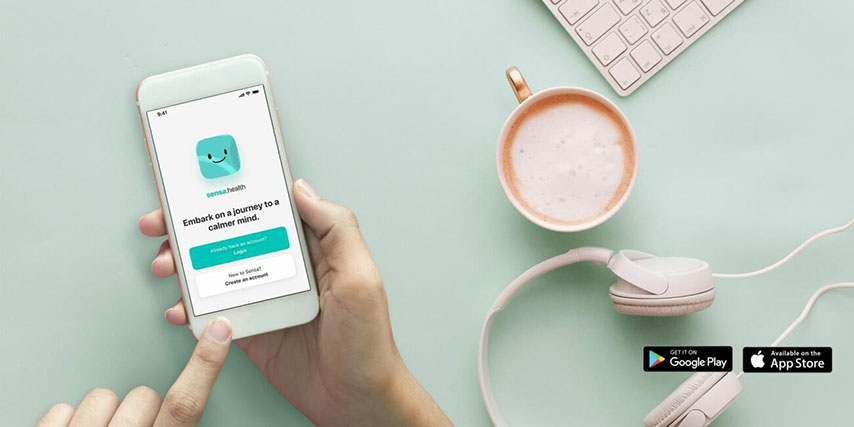
A Word From Our MD
Certain mobile applications could help you through a mental health condition. They usually have daily logs, progress trackers, advice from medical professionals, and self-awareness articles to benefit your health. It’s all about finding one that works for your needs and personal goals.
For example, if you have anxiety, you might prefer apps that provide breathing exercises. This may stop future panic attacks, leading to better health management. Some companies purposely use online services to replace traditional therapy and help people feel comfortable.
Just remember to call the national suicide prevention lifeline if you’re experiencing serious mental health problems. You could even join support groups that have licensed therapists.
Conclusion
So, are these mental health apps effective?
If you suffer from a mental illness, search for an app that works to improve your overall well-being. Sensa is a great option for people who regularly experience burnout, anxiety, depression, procrastination, and ADHD, so it’s worth trying on your personal journey.
This app offers plenty of guidance and tips that are easy to follow in just a few minutes.


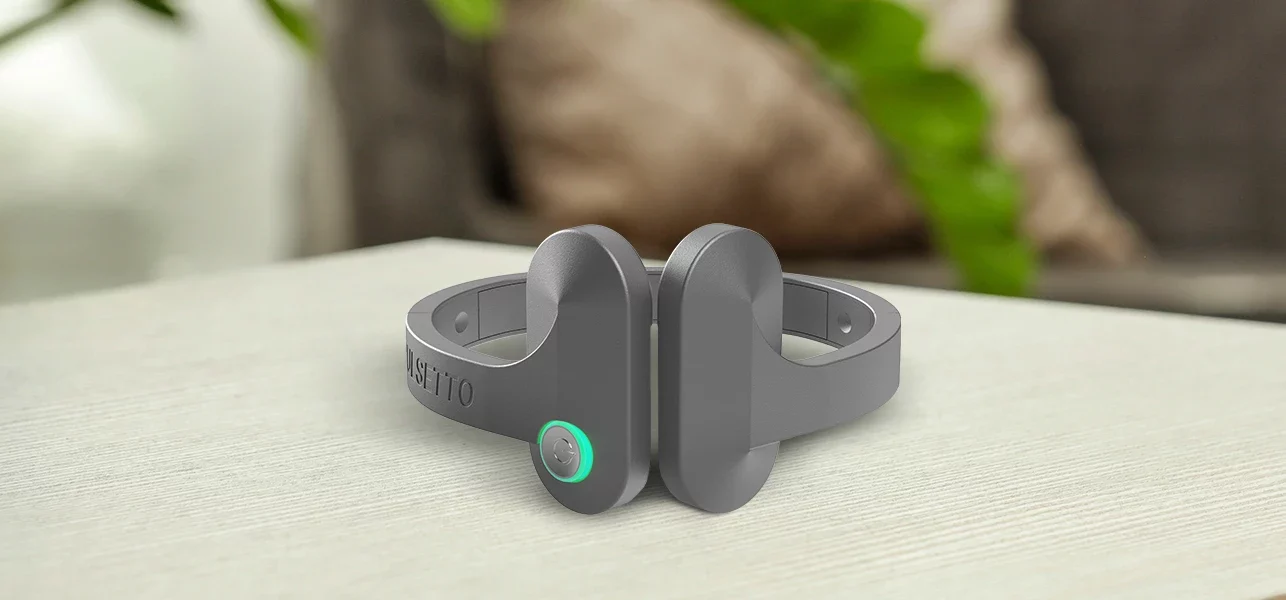




Comments (0)